Search
Remove Ads
Advertisement
Summary 
Loading AI-generated summary based on World History Encyclopedia articles ...
Search Results
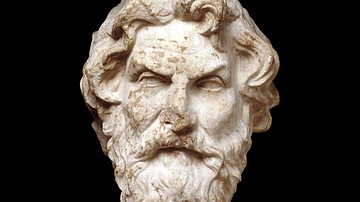
Definition
Philosophy
The word philosophy comes from the Greek philo (love) and sophia (wisdom) and so is literally defined as “the love of wisdom”. More broadly understood, it is the study of the most basic and profound matters of human existence. Philosophical...

Definition
Greek Philosophy
Ancient Greek philosophy is a system of thought, first developed in the 6th century BCE, which was informed by a focus on the First Cause of observable phenomena. Prior to the development of this system by Thales of Miletus (l. c. 585 BCE...

Article
Battle of Flamborough Head
The Battle of Flamborough Head (23 September 1779) was one of the most famous naval engagements of the American Revolutionary War (1775-1783). Fought off the coast of Yorkshire, England, it pitted the USS Bonhomme Richard, commanded by John...
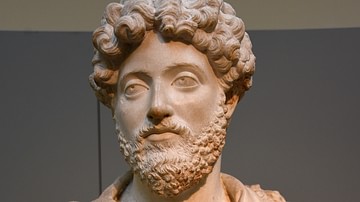
Definition
Roman Philosophy
Roman philosophy played a significant role in the growth and development of Western thought. While not involved directly in the development of original philosophical thought, Rome made significant contributions in two ways: by conveying Greek...
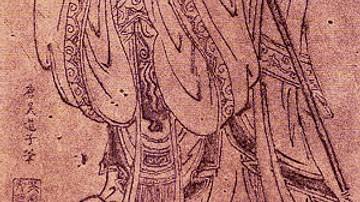
Definition
Ancient Chinese Philosophy
The term Ancient Chinese Philosophy refers to the belief systems developed by various philosophers during the era known as the Hundred Schools of Thought when these thinkers formed their own schools during the Spring and Autumn Period (c...
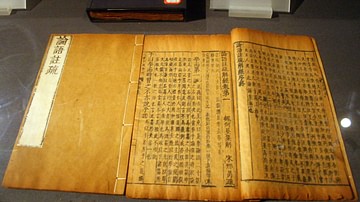
Definition
Confucianism
Confucianism is a philosophy developed in 6th-century BCE China, which is considered by some a secular-humanist belief system, by some a religion, and by others a social code. The broad range of subjects touched on by Confucianism lends itself...
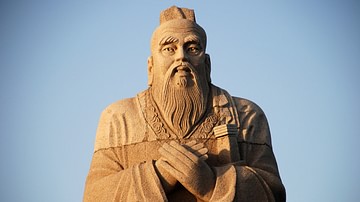
Article
Similarities Between Eastern & Western Philosophy
Although there are certainly differences between Eastern and Western philosophical systems, they both aim at the same goal of apprehending Truth and understanding the best way to live one's life. Modern-day scholarship often makes a serious...

Video
The History of Philosophy: Origins of Ancient Philosophy Around the Globe
In honour of World Philosophy Day on November 18th, we are bringing you an introduction to the history of philosophy, and the origins of ancient philosophy from around the world! What is philosophy you may be asking? Well, the word philosophy...

Article
Passing of Philosophy to Religion: The Death of Hypatia
The death of the philosopher Hypatia of Alexandria (l. c. 370-415) has long been considered the "passage of philosophy to religion", exemplifying the transition from the pagan values of antiquity to those of the new religion of Christianity...

Definition
Mencius
Mencius (l. 372-289 BCE, also known as Mang-Tze or Mang-Tzu) was a Confucian philosopher during The Warring States Period in China (c. 481-221 BCE) and is considered the greatest after Confucius himself for his interpretation, formulation...